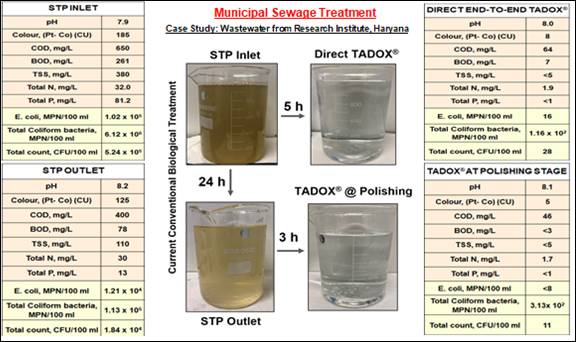More than 280 million people worldwide live with depression, according to the World Health Organization. The condition manifests in various ways, with some individuals coping better than others. A recent study published in Clinical Psychological Science (2024) explores whether a person’s personality type influences how they experience depression.
The study, conducted by APS Fellow Thomas Olino of Temple University and his co-authors, investigates the pathoplasty model, a theory suggesting that an individual’s personality traits may shape how they manage their unique psychological challenges. Olino, who has been intrigued by this concept for decades, stated, “For me, it was a fun paper to work on because the theory was really driving the work.”
Investigating the Connection Between Personality and Depression
Previous research has indicated that depression may alter personality traits or that certain personality types may predispose individuals to specific depression symptoms. However, examining this relationship presents challenges, such as the difficulty of standardizing personality data across different individuals.
Olino and his team tackled this issue using moderated nonlinear factor analysis, a method that identifies patterns among diverse individuals. They analyzed data from five separate samples, consisting of participants ranging from adolescents to the elderly, across the United States.
The researchers employed two models of personality assessment: the Big Five model, which categorizes individuals based on neuroticism, extraversion, openness to experience, agreeableness, and conscientiousness; and the Big Three model, which focuses on negative emotionality, positive emotionality, and constraint (a measure of self-control and discipline).
Key Findings and Future Implications
The study hypothesized that participants with high levels of negative emotionality or neuroticism would exhibit more severe depressive symptoms, such as persistent sadness and low energy. Conversely, those high in positive emotionality or extraversion were expected to display fewer depressive symptoms.
While some individual samples showed correlations between personality and depression symptoms, the overall findings provided little evidence to support the pathoplasty model. Olino emphasized that this research could redirect future studies toward alternative models of understanding depression and personality.
“There are a number of more dynamic kinds of factors that can be examined so that we’re able to better understand what kinds of symptoms might precipitate particular experiences,” Olino explained. “And those might lead to better individualization of treatment and care.”
Understanding how personality influences the experience of depression could ultimately help clinicians refine treatment approaches, potentially leading to more personalized mental health interventions in the future.
Disclaimer: This article is for informational purposes only and does not constitute medical advice. If you or someone you know is experiencing symptoms of depression, please consult a qualified mental health professional for guidance and support.











